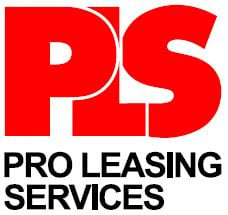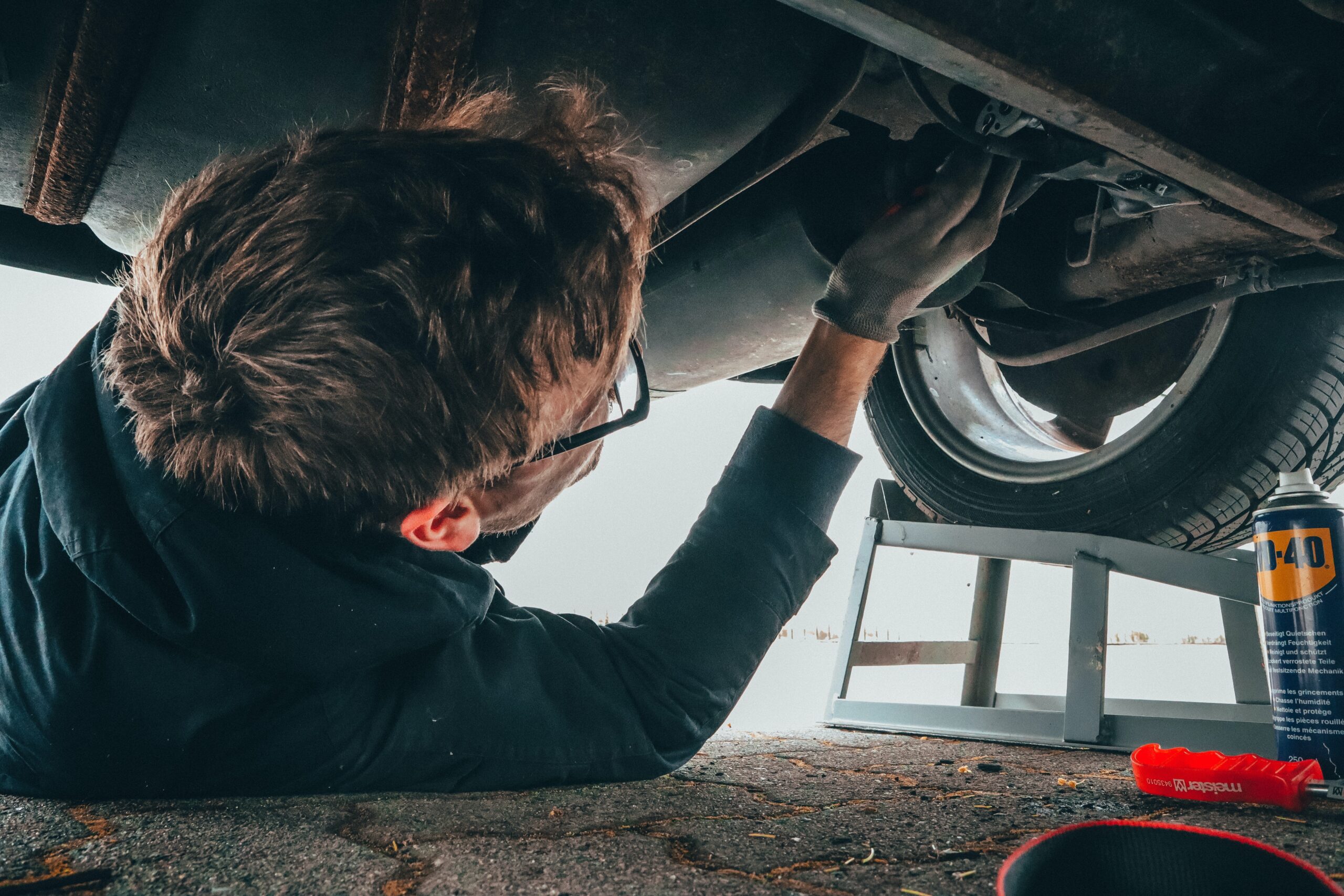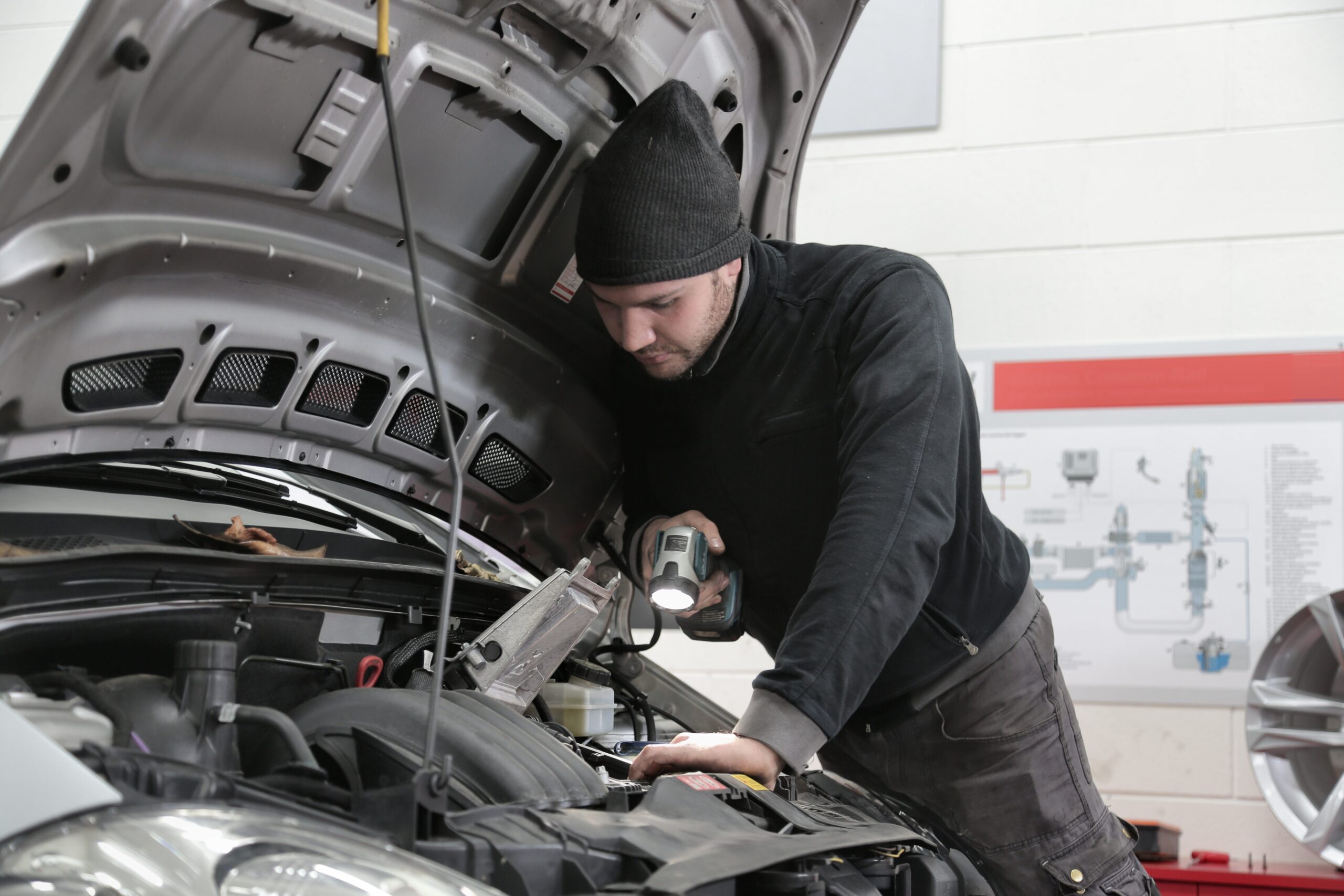In this article, we will explore some of the essential elements of fleet maintenance, including preventative maintenance, repairs, and cost-saving strategies.
Maintaining a commercial fleet of vehicles can be a challenging and costly undertaking for any business. From oil changes and tire rotations to engine repairs and bodywork, there are many different types of maintenance required to keep a fleet of vehicles in top condition.
Preventative Maintenance
Preventative maintenance is the most critical aspect of fleet maintenance. By regularly servicing and inspecting each vehicle in your fleet, you can identify potential problems before they become costly repairs or lead to a breakdown on the road. Preventative maintenance includes everything from regular oil changes and tire rotations to more complex tasks like brake inspections, transmission service, and engine tune-ups.
Here are some key elements of preventative maintenance to keep in mind when managing a fleet of vehicles:
Create a Maintenance Schedule: Establish a maintenance schedule for each vehicle in your fleet, and stick to it. This will help ensure that each vehicle receives the attention it needs on a regular basis.
Keep Accurate Records: Maintain accurate records of all maintenance and repairs performed on each vehicle in your fleet. This information will help you track the maintenance history of each vehicle and identify any recurring issues.
Conduct Regular Inspections: Conduct regular inspections of each vehicle in your fleet, looking for signs of wear and tear, leaks, and other potential problems. Inspections should be performed before and after each trip, as well as during routine maintenance checks.
Train Drivers: Train your drivers to perform daily vehicle inspections, including checking fluid levels, tire pressure, and lights. This can help catch potential problems early on and prevent breakdowns on the road.
Repairs
Despite your best efforts to maintain your fleet, breakdowns and repairs are inevitable. When repairs are necessary, it’s essential to act quickly to minimize downtime and prevent further damage to the vehicle. Here are some key things to keep in mind when dealing with repairs:
Work with a Trusted Repair Shop: Establish a relationship with a trusted repair shop that specializes in fleet maintenance. They will be familiar with the unique needs of commercial vehicles and can provide timely repairs when needed.
Prioritize Urgent Repairs: Prioritize urgent repairs that affect the safety of the driver or passengers, such as brake issues or engine problems.
Plan for Downtime: Plan for downtime when scheduling repairs, and have backup vehicles available to minimize the impact on your business operations.
Communicate with Drivers: Communicate with your drivers about any repairs or maintenance that will affect their schedules or routes. This can help prevent missed deliveries or appointments.
Cost-Saving Strategies
Maintaining a fleet of vehicles can be a significant expense for any business. Here are some cost-saving strategies to help keep your fleet maintenance costs under control:
Choose Quality Vehicles: Invest in quality vehicles that are built to last and require less maintenance over time.
Prioritize Preventative Maintenance: Prioritize preventative maintenance over reactive repairs. By catching potential problems early, you can save money on more costly repairs down the road.
Use Fuel-Efficient Vehicles: Use fuel-efficient vehicles in your fleet to save on fuel costs and reduce your environmental impact.
Invest in Telematics: Invest in telematics technology that can track your vehicles’ performance and alert you to potential maintenance issues before they become costly repairs.
In conclusion, maintaining a commercial fleet of vehicles requires a proactive approach to preventative maintenance, timely repairs, and cost-saving strategies. By implementing these key elements of fleet maintenance, you can keep your vehicles in top condition, reduce downtime, and save money over the long run.






